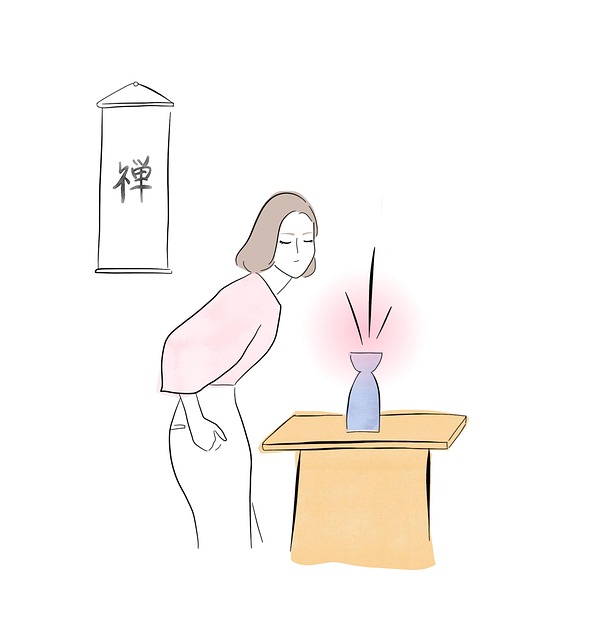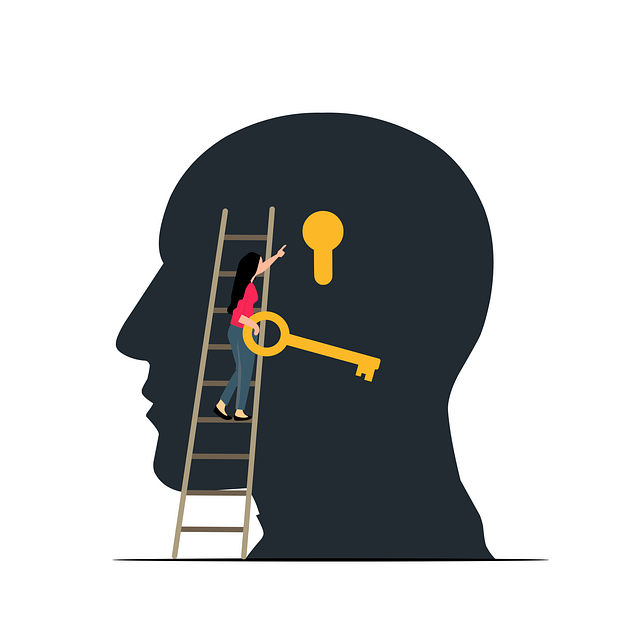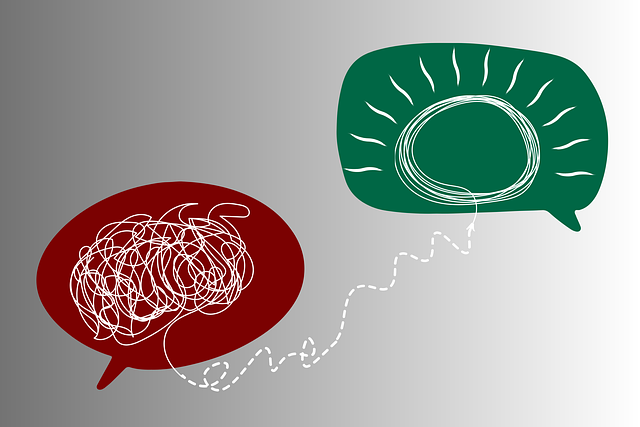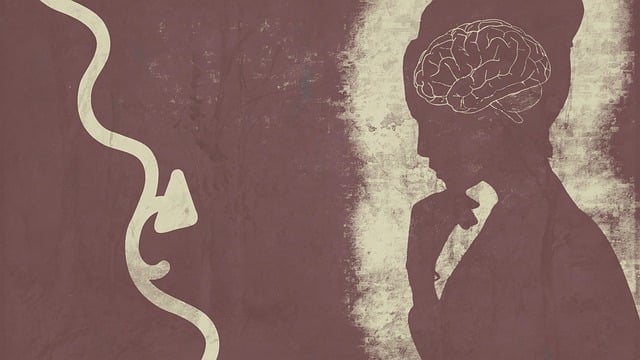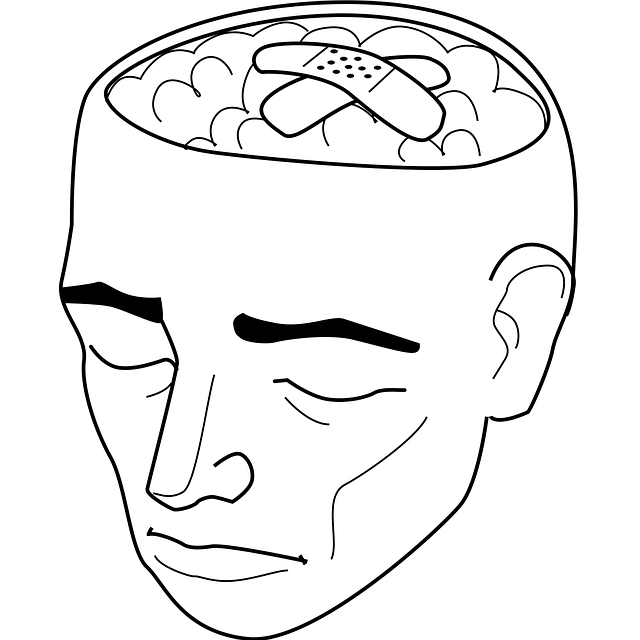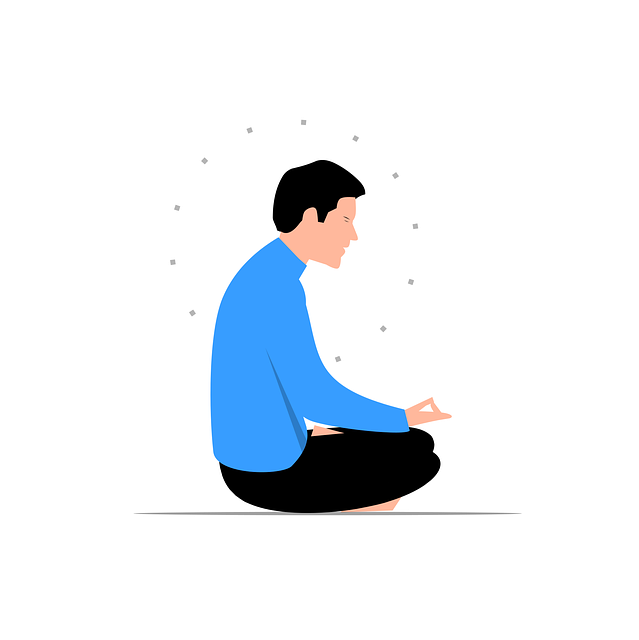Teens with neuro disorders benefit from tailored therapy sessions offering coping skills, stress management techniques, and emotional regulation strategies. These personalized approaches, combined with self-care practices like exercise, mindfulness, and art therapy, empower adolescents to navigate daily challenges and improve overall well-being. Support systems and community organizations further support their mental health journey by providing safe spaces for sharing experiences and gaining different perspectives.
Self-care is essential for adolescent teens with neuro disorders, offering a vital pathway towards improved mental health and well-being. This comprehensive guide delves into the unique self-care needs of this population, providing valuable insights for parents, caregivers, and professionals. We explore effective strategies to integrate self-care into daily routines, address common barriers, and emphasize the supportive role of guidance from healthcare professionals in fostering consistent healthy habits. Understanding these factors is key to enhancing therapy outcomes for adolescent teens with neuro disorders.
- Understanding the Importance of Self-Care for Teens with Neuro Disorders
- Identifying Individualized Self-Care Needs in Adolescent Populations
- Effective Strategies for Integrating Self-Care into Daily Routines
- Overcoming Barriers and Encouraging Consistency in Self-Care Practices
- The Role of Support Systems and Professional Guidance in Self-Care Improvement
Understanding the Importance of Self-Care for Teens with Neuro Disorders

For teens with neuro disorders, self-care isn’t just a wellness trend—it’s an essential tool for navigating daily challenges and promoting emotional well-being. These individuals often face unique struggles that can impact their mental health, making dedicated self-care practices crucial. Therapy specifically tailored to adolescent teens with neuro disorders plays a pivotal role in equipping them with coping skills development and stress management techniques.
Effective therapy sessions can provide a safe space for teens to learn emotional well-being promotion techniques, explore healthy coping mechanisms, and develop resilience strategies. Through structured programs and support from specialized therapists, they can gain insights into managing their conditions more effectively. Moreover, organizations are increasingly offering Stress Management Workshops designed to empower this demographic with practical tools for stress reduction and mental health maintenance.
Identifying Individualized Self-Care Needs in Adolescent Populations

Adolescents, with their unique experiences and developing minds, often face distinct self-care challenges. Identifying personalized self-care needs within this population is paramount to their overall well-being. This process involves understanding the complex interplay of factors such as physical health, mental health, and social dynamics. For teens struggling with neuro disorders, tailored therapy sessions can be transformative. These sessions not only address specific symptoms but also teach valuable coping strategies and emotional well-being promotion techniques, enhancing their ability to manage daily stressors.
By incorporating confidence-boosting activities and positive thinking exercises, therapists can empower adolescent teens to navigate the challenges they face. This individualized approach ensures that each teen receives the support needed to thrive, fostering resilience and a stronger sense of self in an otherwise perplexing world.
Effective Strategies for Integrating Self-Care into Daily Routines

Integrating self-care into daily routines is a vital step for overall well-being, especially for adolescent teens navigating neuro disorders. Therapy plays a crucial role in teaching personalized coping mechanisms and stress management techniques. Through therapy sessions, teens can learn to identify triggers, develop healthy habits like regular exercise and mindfulness practices, and enhance their self-esteem. Cultural sensitivity in mental healthcare practice is essential; therapists should create inclusive environments that consider the unique backgrounds and needs of each individual.
Self-care isn’t just about relaxation; it’s a proactive approach to managing symptoms and promoting resilience. Organizations are now offering stress management workshops designed to empower teens with practical tools for coping with anxiety, depression, or other mental health challenges. These workshops often incorporate creative outlets like art therapy, journaling, and group discussions, fostering a sense of community and mutual support among peers facing similar struggles. By combining evidence-based practices with a supportive network, adolescents can develop effective strategies to maintain their mental health alongside their academic and social responsibilities.
Overcoming Barriers and Encouraging Consistency in Self-Care Practices

Overcoming barriers to self-care is a significant step toward enhancing emotional well-being, especially for adolescents with neuro disorders who may struggle with mood management. Many teens face challenges in establishing consistent routines due to demanding schedules, academic pressures, or the impact of their conditions. For instance, those undergoing therapy for adolescent teens with neuro disorders might find it difficult to prioritize self-care alongside treatment sessions and other appointments.
To encourage consistency, healthcare providers can offer burnout prevention strategies tailored to young patients’ needs. This may include incorporating simple yet effective emotional well-being promotion techniques into their daily lives, such as mindful breathing exercises or short periods of quiet reflection. By integrating these practices into their routines, teens can develop resilience and better cope with the demands of their conditions, leading to improved overall health.
The Role of Support Systems and Professional Guidance in Self-Care Improvement

Support systems play a pivotal role in enhancing self-care practices, especially for adolescents navigating neurodisorders. Peer support groups and community organizations offer safe spaces where teens can share experiences, gain different perspectives, and build a sense of belonging. These interactions foster resilience and provide valuable encouragement during their journey towards self-improvement. Moreover, having a strong support network encourages open communication about challenges related to mental health, fostering an environment conducive to seeking professional guidance when needed.
Professional therapy services tailored for adolescent teens with neurodisorders are instrumental in self-care improvement. Cognitive-behavioral therapy (CBT), mindfulness meditation, and stress management workshops have proven effective in teaching practical skills for coping with daily stressors. Public awareness campaigns and organization initiatives focused on destigmatizing mental health issues also contribute to the development of a supportive ecosystem, encouraging teens to prioritize their well-being and seek appropriate care.
Self-care is a powerful tool for adolescents with neuro disorders, offering them autonomy, resilience, and improved quality of life. By understanding their unique needs, implementing tailored strategies, and leveraging support systems, we can empower teens to embrace self-care as an integral part of their daily routines. This holistic approach, combined with professional guidance, can significantly enhance their overall well-being and foster a brighter future through effective therapy for adolescent teens with neuro disorders.

